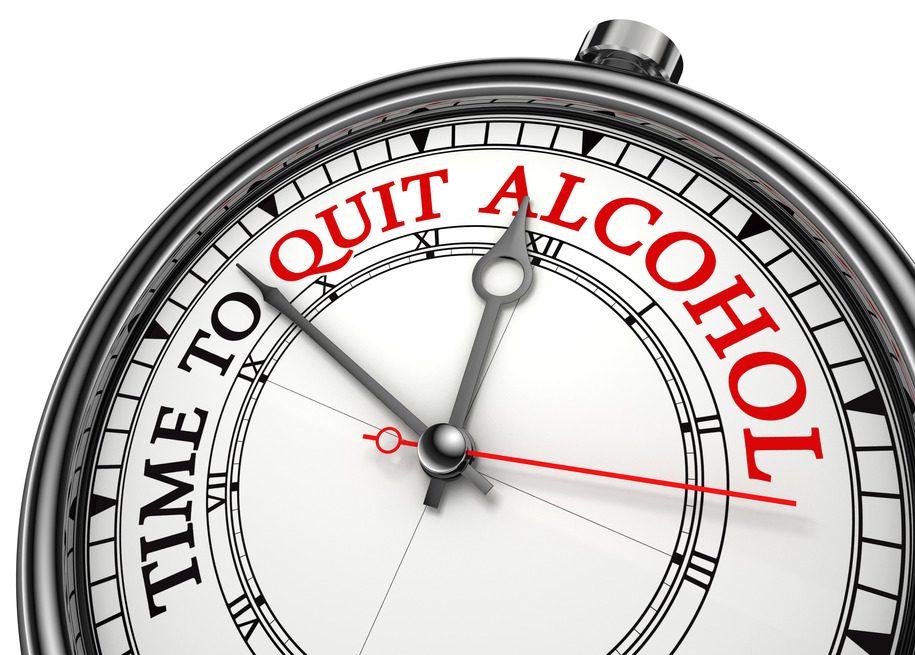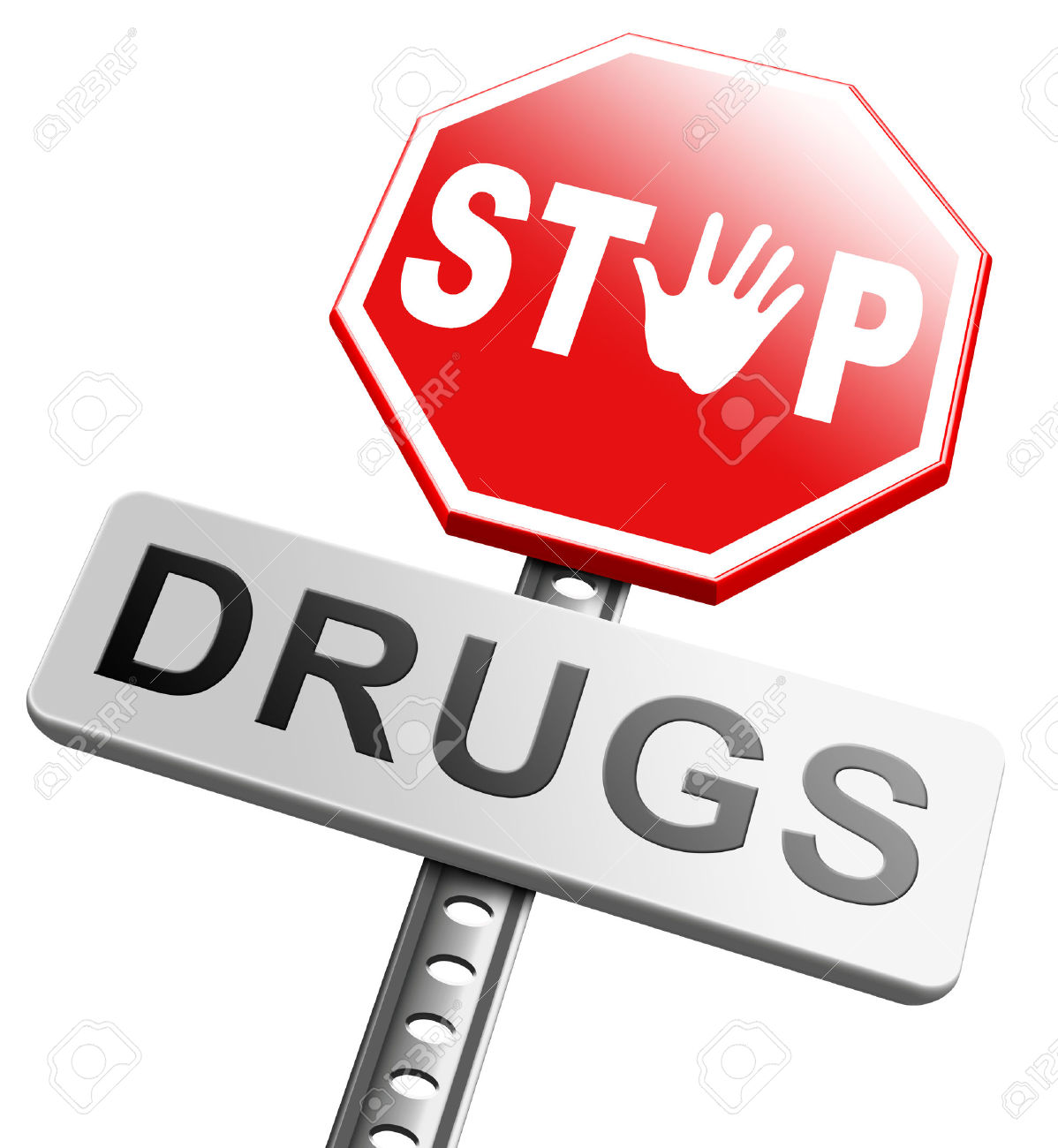Malnutrition and substance abuse conflict

Malnutrition and substance abuse conflict. Digestive complications caused by alcohol addiction are real, the solution is quitting
Malnutrition and substance abuse conflict: The effects of alcohol
There is no doubt that food is very essential for anyone’s life and well-being. This is so because from the food we eat, we are able to get constant supply of the energy we need to keep us a float and to be productive in our daily activities. Nonetheless, when food is not taken in the right way it could also cause certain health complications. But besides that food is very good and rich in nutrients which are the driving forces in the proper functionalities of our bodies. In one of the teaching forums where doctor Dalal Akoury MD who is a veteran expert in addiction was addressing professionals in different health sectors, a question was asked that is malnutrition related to substance abuse?
What is your response to that? This is a very good way to start our discussion and therefore that question is going to form the focus of our discussion with a view of finding out the significance of alcohol addiction in malnutrition. Ideally alcohol addiction and malnutrition are two different elements which must not be allowed to have any relationship let alone one being a victim of either or both. Therefore doctor Akoury is kicking off the discussion with finding out the nutritional status of what we feed on as follows. In the meantime, if you have any concern about drug or alcohol addiction, you can always schedule for an appointment with doctor Akoury for more professional guidance.
Malnutrition and substance abuse conflict: Nutritional status
According to the experts from AWAREmed Health and Wellness Resource Center a facility which was established by doctor Akoury the general observation suggests that many alcoholics in many cases do not actually feed on a well-balanced diet. And besides, excessive alcohol consumption may interfere with these alcoholics’ ability to absorb and use the nutrients they do consume. Accordingly, many alcoholics suffer from various degrees of both primary and secondary malnutrition, where primary malnutrition occurs when alcohol replaces other nutrients in the diet resulting in an overall reduction of nutrient intake. Secondary malnutrition occurs when the drinker consumes adequate nutrients but alcohol interferes with the absorption of those nutrients from the intestine so they are not available to the body.
The most severe malnutrition, which is accompanied by a significant reduction in muscle mass, generally is found in those alcoholics who are hospitalized for medical complications of alcoholism (e.g., alcohol–related liver disease or other organ damage). According to the experts at AWAREmed Health and Wellness Resource Center if these patients continue with their drinking habits, the consequence would be that they will lose additional weight; conversely, if they abstain from drinking, they will gain weight. This pattern applies to patients with and without liver disease.
Malnutrition and substance abuse conflict: The effects of alcohol
http://www.I-AM-I.com/wp-admin



